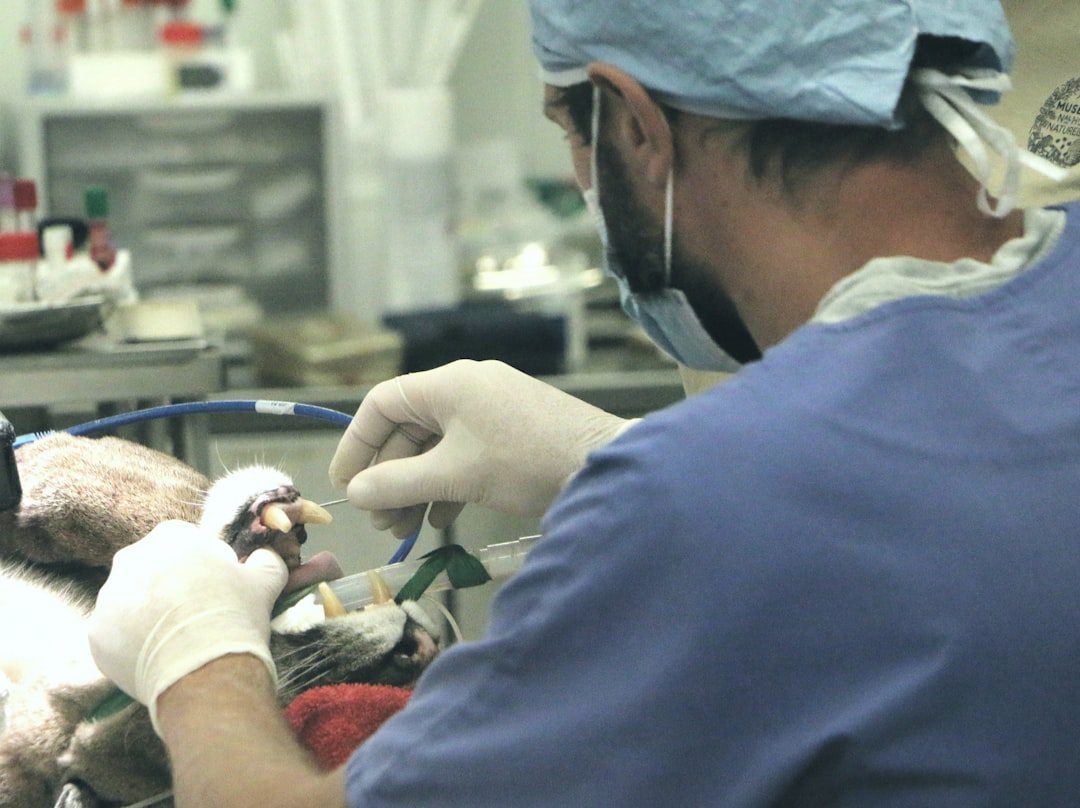
HeartSine AED Recall Highlights Critical Supply Chain and Post-Market Surveillance Requirements
Health Canada has issued an urgent recall for components of the HeartSine Samaritan Automated External Defibrillator (AED) sold through Costco warehouses across Canada. This recall underscores the critical importance of robust post-market surveillance systems and comprehensive supply chain oversight for medical device manufacturers operating in global markets.
What Happened: The Recall Details
The recall specifically targets parts included with the HeartSine Samaritan AED units distributed through Costco’s Canadian retail network. While the exact nature of the defective components has not been fully disclosed in initial reports, the “urgent” classification indicates a serious safety concern that could potentially impact patient outcomes during emergency cardiac events.
AEDs are Class III medical devices in most jurisdictions, including Canada, due to their life-sustaining function. Any defect in these devices carries significant patient safety implications, making rapid identification and remediation of issues paramount.
Regulatory Context and Compliance Framework
Under Health Canada’s Medical Device Regulations (MDR), manufacturers must maintain comprehensive post-market surveillance systems capable of detecting and responding to safety issues throughout a device’s lifecycle. This includes:
- Adverse Event Reporting: Mandatory reporting of incidents within specified timeframes
- Risk Management: Ongoing assessment per ISO 14971 requirements
- Corrective and Preventive Actions (CAPA): Systematic approaches to address identified issues
- Supply Chain Oversight: Comprehensive monitoring of distribution channels
Why This Matters to Medical Device Manufacturers
This recall demonstrates several critical compliance considerations that extend beyond the immediate parties involved:
1. Multi-Channel Distribution Complexity
The involvement of a major retailer like Costco highlights the challenges of maintaining visibility and control across diverse distribution channels. Manufacturers must ensure that recall procedures and communication protocols are effective across all sales channels, including non-traditional medical device retailers.
2. International Regulatory Coordination
For manufacturers operating across multiple jurisdictions, this recall emphasizes the need for coordinated post-market surveillance systems that can rapidly identify and address safety issues across all markets where devices are sold.
3. Component-Level Risk Management
The focus on “parts included with” the AED suggests that even ancillary components can trigger urgent recalls. This underscores the importance of comprehensive risk assessments that consider all device components and accessories.
Essential Action Items for Medical Device Manufacturers
Immediate Steps:
- Review Distribution Networks: Audit all sales channels to ensure robust communication pathways for recall notifications
- Assess Component Suppliers: Evaluate supplier quality management systems and change control procedures
- Update Recall Procedures: Ensure recall plans address retail channel complexities and consumer notification requirements
Long-Term Compliance Enhancements:
- Strengthen Post-Market Surveillance: Implement comprehensive monitoring systems across all distribution channels
- Enhance Supplier Oversight: Develop robust supplier qualification and ongoing monitoring programs
- Improve Traceability Systems: Ensure complete device and component traceability throughout the supply chain
Regulatory Best Practices Moving Forward
This incident reinforces the critical importance of proactive compliance management. Manufacturers should focus on:
Preventive Measures: Robust design controls and risk management processes per ISO 14971 can help identify potential issues before market release.
Responsive Systems: Effective post-market surveillance systems enable rapid detection and response to emerging safety concerns.
Communication Excellence: Clear, timely communication with all stakeholders—including non-traditional retail partners—is essential for effective recall execution.
The Bottom Line
While recalls are never welcome events, they demonstrate the effectiveness of post-market surveillance systems when properly implemented. For medical device manufacturers, this HeartSine AED recall serves as a valuable reminder that compliance excellence requires comprehensive oversight of all distribution channels and ongoing vigilance throughout a device’s commercial lifecycle.
Manufacturers should use this as an opportunity to review and strengthen their own post-market surveillance and recall capabilities, ensuring they can respond effectively to protect patient safety while maintaining regulatory compliance across all markets.


No comments yet. Be the first to comment!